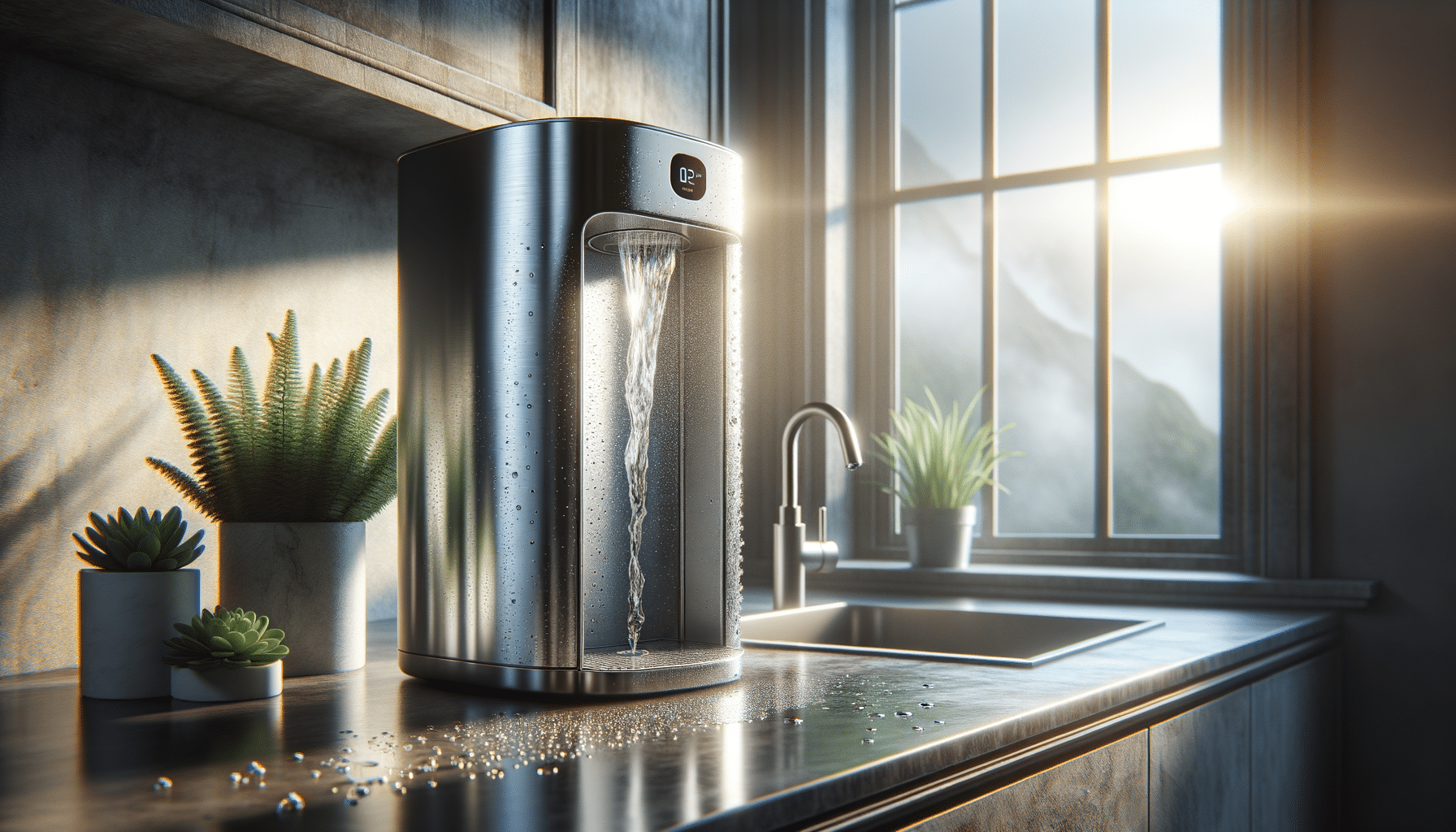
Water Purifier Benefits
The Importance of Clean Drinking Water
Access to clean drinking water is fundamental for maintaining good health. Water is essential for hydration, digestion, and numerous bodily functions. However, water pollution is a growing concern, with contaminants such as bacteria, viruses, heavy metals, and chemicals being found in many water sources. These pollutants can lead to a variety of health issues, ranging from gastrointestinal problems to more severe conditions such as neurological disorders and cancer. Therefore, ensuring that the water you consume is clean and safe is paramount.
Water purifiers play a crucial role in this regard, acting as a barrier against these harmful substances. They offer a practical solution for households and communities to access clean water without relying solely on municipal treatment processes, which may not always be sufficient. By removing impurities, water purifiers help in preventing waterborne diseases, thus contributing significantly to health and wellbeing.
Types of Water Purifiers and Their Functions
Water purifiers come in various types, each designed to address specific contaminants and meet different needs. Understanding these can help in selecting the most suitable option for your home.
Reverse Osmosis (RO) systems are among the most effective, using a semi-permeable membrane to remove a wide range of contaminants, including dissolved salts, lead, and other heavy metals. They are particularly useful in areas where water hardness is a problem.
Ultraviolet (UV) purifiers use UV light to kill bacteria and viruses, making them excellent for eliminating biological contaminants. However, they do not remove chemical impurities or sediments.
Activated Carbon filters are known for their ability to remove chlorine, bad odors, and taste, as well as certain pesticides and volatile organic compounds (VOCs). These are often used in combination with other purification methods for comprehensive water treatment.
- Reverse Osmosis: Removes dissolved solids and heavy metals.
- Ultraviolet: Kills bacteria and viruses.
- Activated Carbon: Removes chlorine and odors.
Health Benefits of Using a Water Purifier
The health benefits of using a water purifier are numerous and far-reaching. Firstly, they significantly reduce the risk of waterborne diseases such as cholera, dysentery, and typhoid, which are prevalent in areas with contaminated water supplies. By eliminating pathogens, water purifiers protect against these illnesses.
Moreover, by removing harmful chemicals such as chlorine and lead, purifiers help prevent long-term health issues. Chlorine, while effective in killing bacteria, can form harmful by-products when it reacts with organic matter in water. Lead, on the other hand, is a neurotoxin that can cause developmental issues in children and various health problems in adults.
Additionally, drinking purified water can improve digestive health by reducing the intake of toxins and heavy metals that can harm the gut microbiota. This leads to better nutrient absorption and overall digestive function.
Environmental Impact and Sustainability
Using water purifiers is not only beneficial for health but also for the environment. By reducing the dependency on bottled water, purifiers help in minimizing plastic waste, which is a significant environmental concern. Plastic bottles contribute to pollution and take hundreds of years to decompose, posing a threat to wildlife and ecosystems.
Furthermore, many modern water purifiers are designed with sustainability in mind, using energy-efficient technologies and materials that are eco-friendly. Some systems even incorporate features that reduce water wastage, making them a more sustainable choice for clean water access.
By choosing a water purifier, you are making a conscious decision to protect the environment while safeguarding your health. It’s a step towards a more sustainable lifestyle that benefits both current and future generations.
Choosing the Right Water Purifier
Selecting the right water purifier involves considering various factors, including the quality of your local water supply, your budget, and specific health needs. It’s essential to test your water to identify the contaminants present, which will guide you in choosing the appropriate purification system.
For instance, if your water is high in dissolved solids, a Reverse Osmosis system might be the best option. If microbial contamination is a concern, a UV purifier could be more suitable. It’s also important to consider the maintenance requirements of the purifier, as regular upkeep is necessary to ensure its efficiency and longevity.
Consulting with a water treatment professional can provide valuable insights and help you make an informed decision. Ultimately, the right water purifier will not only meet your health needs but also fit seamlessly into your lifestyle.


